The Lord is my shepherd;
I shall not want.
He leadeth me beside the still waters:
he maketh me to lie down in green pastures.
He leadeth me in the path of righteousness for his namesake:
he restoreth my soul.
This is not quite how it goes. I know it is not quite how it goes. I don’t remember how it goes, but I mumble it anyway. It is the least and the most that I can do.
Standing by the bed in the ICU, the respirator inflating my father’s chest like a pipe organ, I leave aside the Buddhist incantations that I’ve memorized and whisper remnants of the old soul song. I will dwell in the house of the Lord forever.
This is a passage from Hand Wash Cold that I’ve been thinking about lately and a lot. Soon after my father died 10 years ago, I told my sisters that I would take his dog to live with me. That’s how the old girl ended up here, in a picture I took this morning.
On the far side of 15, she’s not quite on her last leg but clearly on her last three legs, as arthritis hobbles and sometimes topples her. I’ve pulled her from the pond twice. And yet she still wants to wander in and out, not hearing, perhaps not seeing, and not managing much of what she used to do so dependably. So I’m at her side most days, all day, watching for the wordless word she will give me, when we both know beyond knowing what time it is.
I’ve had a number of visitors to the garden lately, and the subject of nearly all these encounters has been life and death. Not surprising since it’s the only subject there is. Some people have seen the warning light of a crossroads ahead. Others are investigating how to be with the sick and dying. I always tell them not to make too much of the dying part, since it happens by itself and without us ever knowing quite how or when, but rather to work on the being part, since only when we know how to be can we be not afraid. Oh, to be not afraid. That is quite simply everything you can do for everyone.
I rattled around Amazon last week and picked up George Saunders’s new and brilliant novel, Lincoln in the Bardo. It is wonderful in the most daring and difficult way, and I recommend it.
The author has imagined life in the graveyard, populated by grotesquely self-obsessed specters who linger longingly and in great distress because they do not know that they are dead. And when they realize it, they are buoyantly free to leave all suffering behind.
I can imagine life in a garden, populated by self-obsessed specters who linger longingly and in great distress because they do not know that they are alive. And when they realize it, they are buoyantly free to show goodness and mercy forever.
To subscribe to this blog and receive new posts in your email, please sign up here.

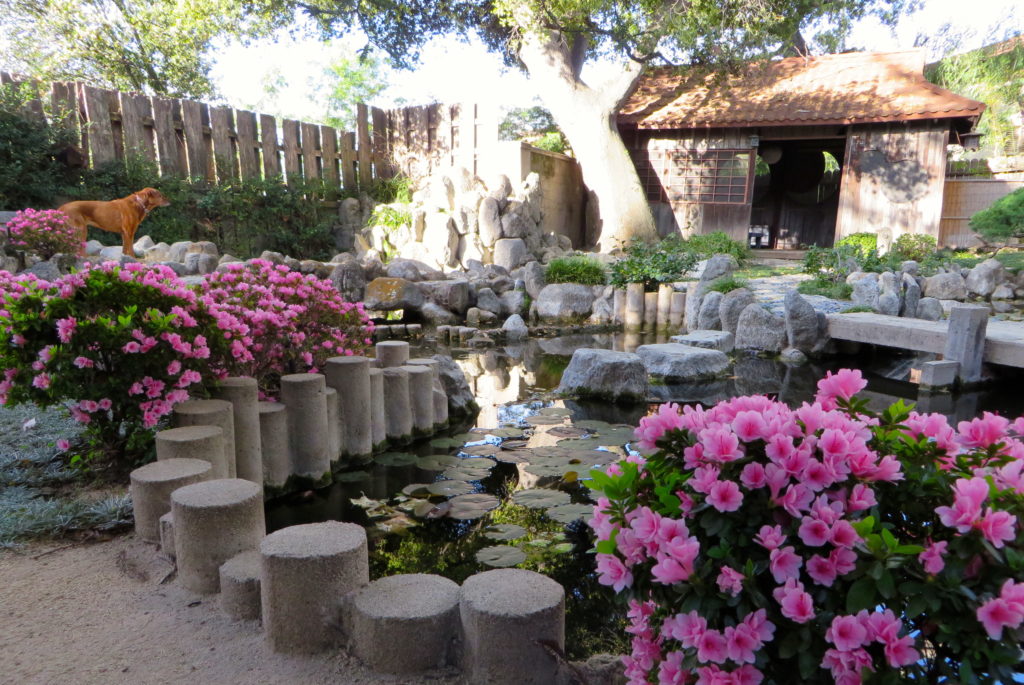
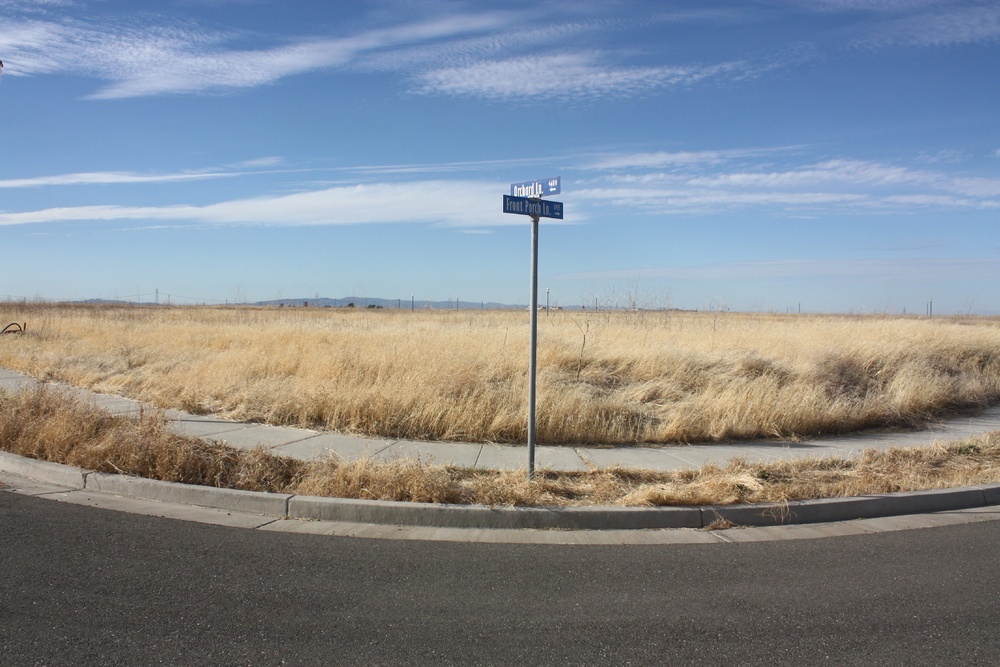


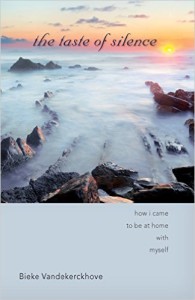
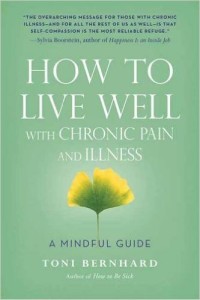
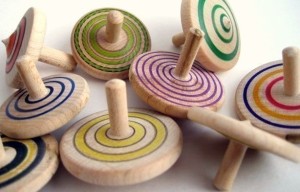
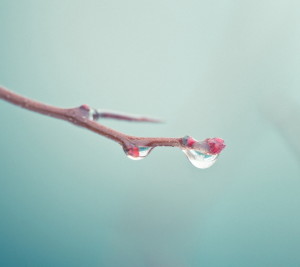
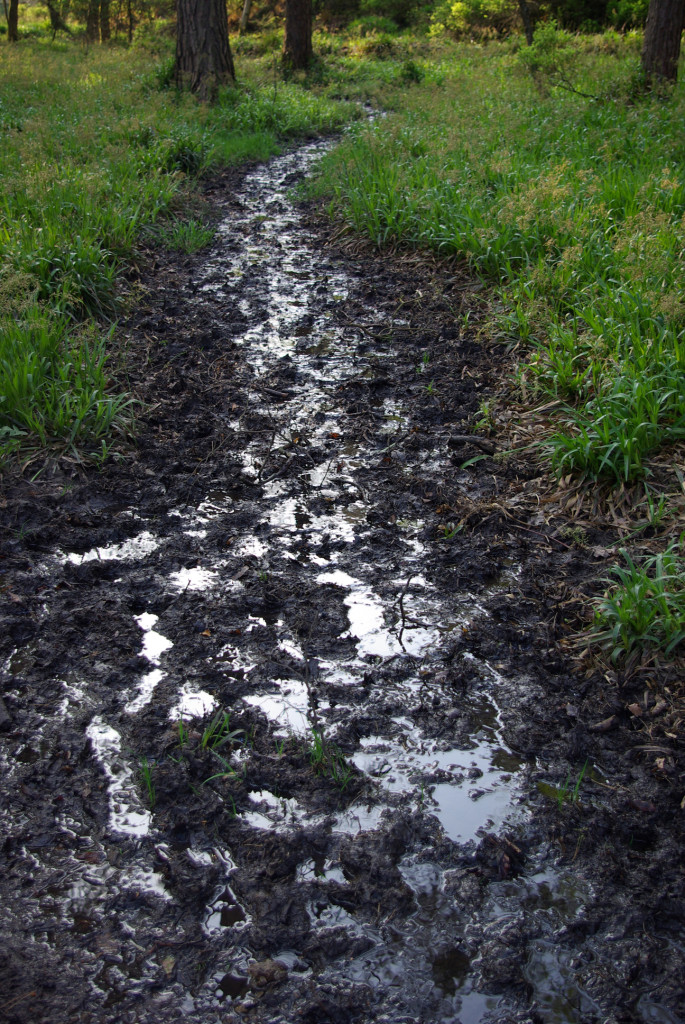
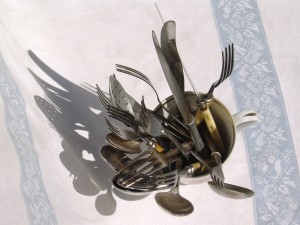
 Years ago when I was doing one of my first internet interviews the host said something that caught me off guard. She said, “Isn’t it hard for you to live in a place like that?”
Years ago when I was doing one of my first internet interviews the host said something that caught me off guard. She said, “Isn’t it hard for you to live in a place like that?”

 My father-in-law was a simple man, and the things he said could ring with unintended clarity.
My father-in-law was a simple man, and the things he said could ring with unintended clarity. I will confess to having an unhealthy fascination for the Lance Armstrong saga. I watched his interview on Oprah last week.
I will confess to having an unhealthy fascination for the Lance Armstrong saga. I watched his interview on Oprah last week.
